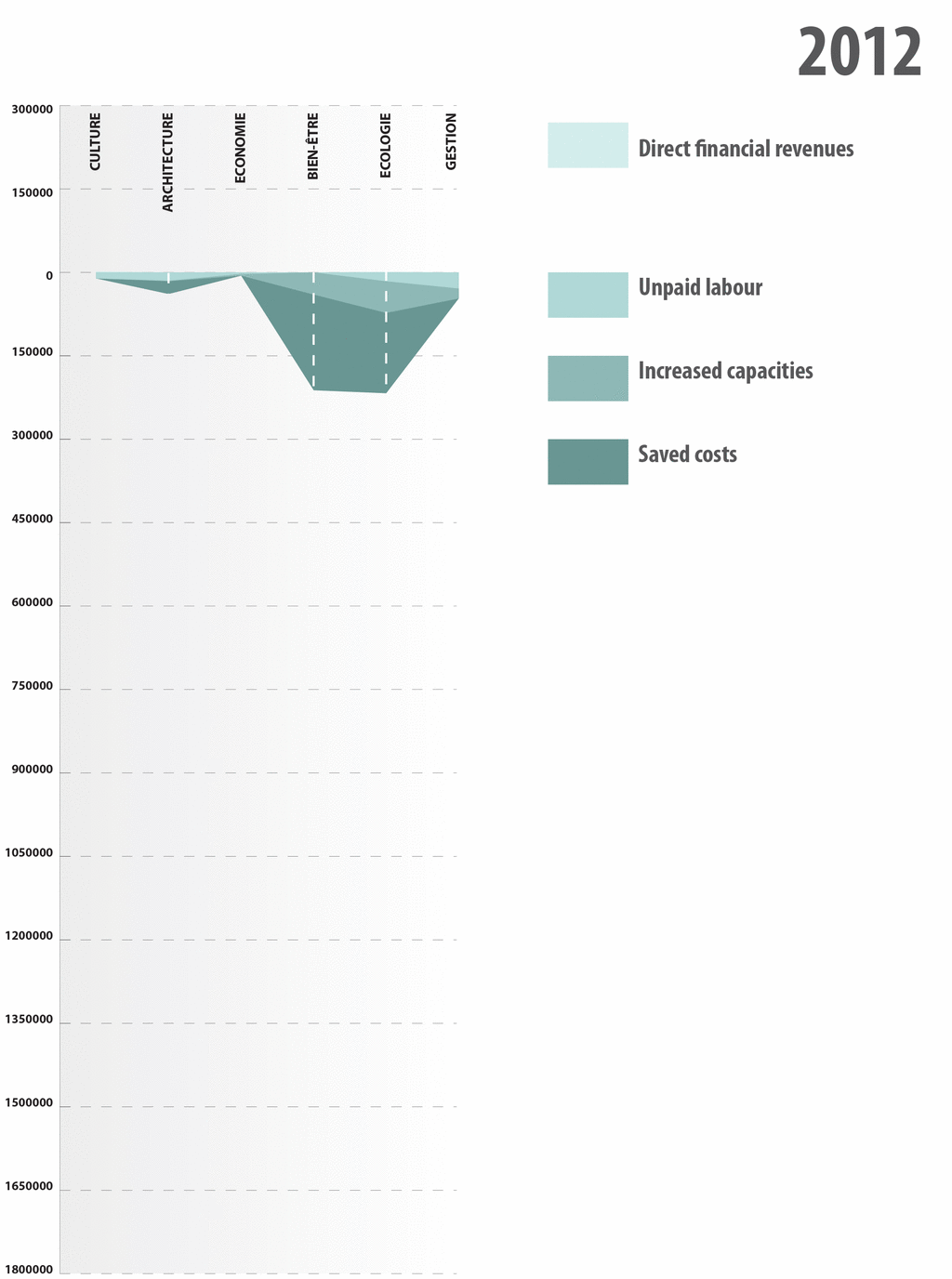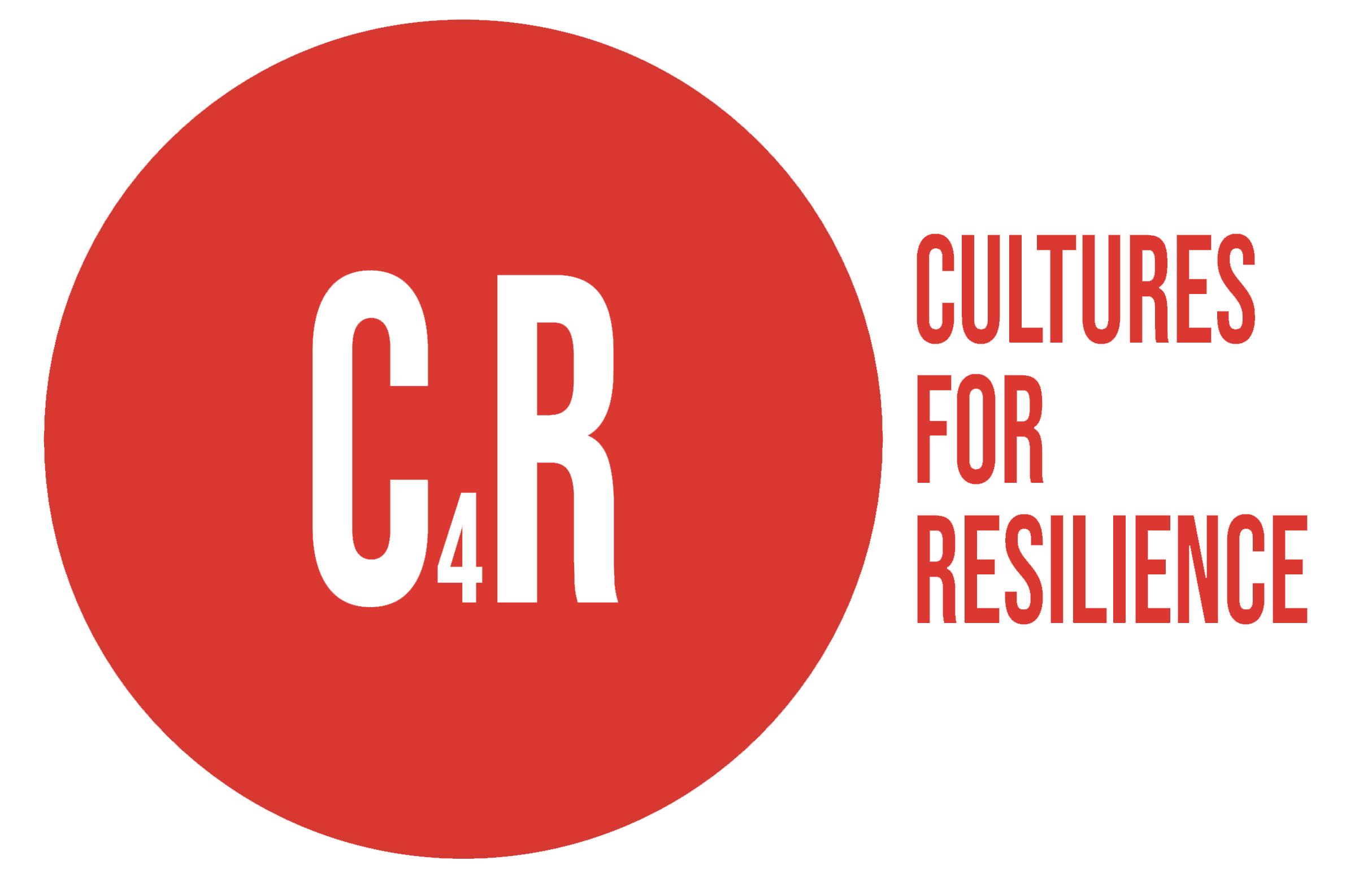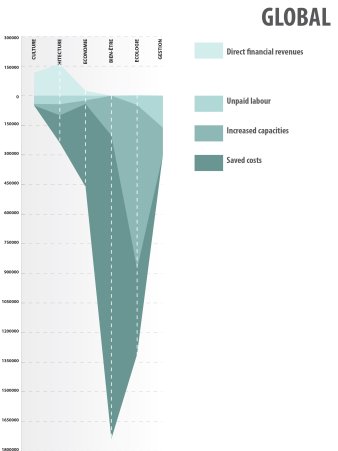Here is a method for valuing the multidimensional aspects of urban commons.
This method draws from and contributes to a broader conception of social or community returns on investment, using the case and data of a vibrant project, strategy, and model of ecological resilience, R-Urban, on the outskirts of Paris. R-Urban is based on networks of urban commons and collective hubs supporting civic resilience practices. We use data from 2015, the year before one of the hubs was evicted from its site by a municipal administration that could not see the value of an “urban farm” compared to a parking lot. We combine estimates of the direct revenues generated for a host of activities that took place in R-Urban, including an urban farm, community recycling centre, a greenhouse, community kitchen, compost school, café, a teaching space, and a mini-market. We then estimate the market value of volunteer labour put into running the sites, in addition to the value of training and education conducted through formal and informal channels, and the new jobs and earnings that were generated due to R-Urban activity. Finally, we estimate the monetary value of the savings made by an environmentally conscious design that focused on water recycling, soil and biodiversity improvement, and social and health benefits, breaking them down by savings to the organization, participants and households involved in R-Urban itself, as well as savings to the state and the planet. Although our article is built on specific quantities from a concrete project, the method has wide applicability to urban commons of many types seeking to demonstrate the worth and value of all their many facets and activities.
Click here to access the details on this project


